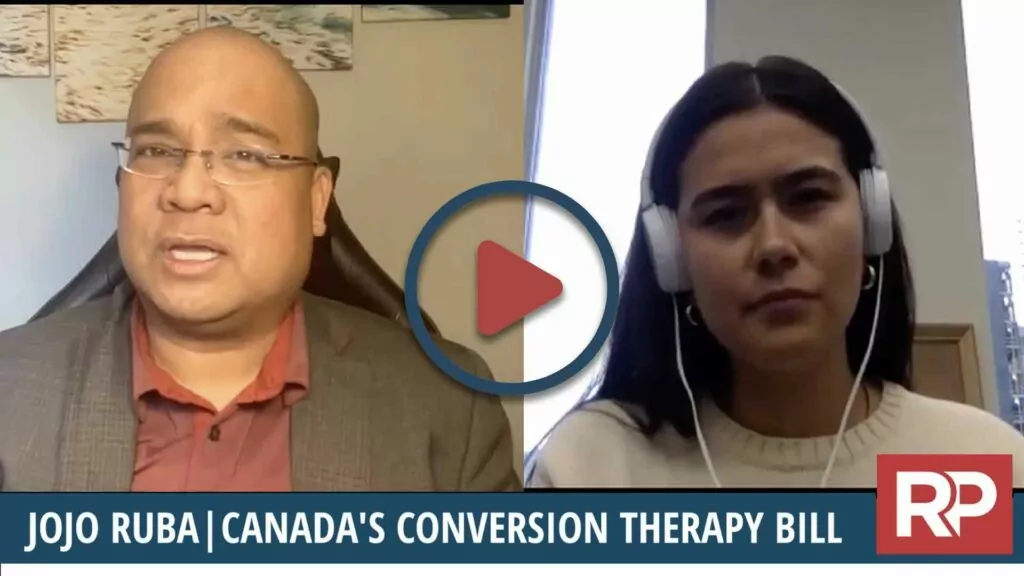Many will condemn a man for an isolated sentence or two. Christians do it too. Instead, we should assess others just as we would like to be judged (Matt. 7:12).
*****
If you have liberal friends or family, then in the days and weeks after Charlie Kirk’s murder, you probably saw all sorts of Kirk quotes, shared by them to warn people about what a problematic figure Kirk supposedly was.
While Kirk had his flaws, the most common quotes being shared were generally not at all what they first seemed, being taken right out of context. As Proverbs 18:17 teaches us, “The one who states his case first seems right, until the other comes and examines him” so we need to go beyond that first impression, and do the cross examination.
We can do so, not as people who must defend Charlie Kirk, wrong or right, but instead as God’s people, equipped by Him to discern right from wrong. Using our discernment, it’s easy to see that Kirk was attacked by the Left, not for what he might have gotten wrong, but for how often he expressed godly thoughts bravely and clearly. So, we shouldn’t accept their word for any of it. We need to check whether the quote is:
1) even accurate
2) in context
So, what follows, are a few of the more common accusations stated in bold, and then put in context right below.
“I don’t believe in empathy.”
This is likely as much a misquote as it is a quote out of context. You can find Kirk saying he didn’t like this particular term, and wasn’t at all opposed to feeling for the injured and suffering. What he has said along these lines is:
“I can’t stand the word empathy. Actually, I think empathy is a made-up, new age term that does a lot of damage. But it’s very effective when it comes to politics. Sympathy, I prefer more than empathy.”
“Black women do not have the brain processing power to be taken seriously.”
This was pitched as proof of Kirk being racist. Like the previous “quote” it is both inaccurate and out of context. Kirk wasn’t insulting black women in general; he found it ridiculous that four specific black women were proudly declaring they were beneficiaries of affirmative action. Kirk was arguing, during the July 13, 2023 episode of his podcast, that affirmative action is the opposite of earning something. He thought it funny, then, that anyone would brag about being an affirmative action beneficiary.
“If we would have said three weeks ago… that Joy Reid and Michelle Obama and Sheila Jackson Lee and Ketanji Brown Jackson were affirmative-action picks, we would have been called racist. But now they’re coming out and they’re saying it for us! They’re coming out and they’re saying, ‘I’m only here because of affirmative action.’ Yeah, we know. You do not have the brain processing power to otherwise be taken really seriously. You had to go steal a white person’s slot to go be taken somewhat seriously.
In other words, he wasn’t critiquing black women. He was criticizing these four black women.
“If I see a black pilot, I am now going to wonder: Boy, I hope he’s qualified.”
Charlie Kirk is no fan of affirmative action, which responds to past discrimination by flipping the script – you are still judged by the color of your skin, but the racism is directed the opposite way now. Here he was responding to a 2021 United Airlines plan to have half their pilot trainees be blacks or women, and among the points he was making was that this kind of DEI/affirmative action has the effect of undercutting blacks who are qualified, by giving people a reason to question whether they earned their position or were just given it on the basis of their skin color. Black economics professor Thomas Sowell made a similar point, on the Uncommon Knowledge podcast about how his students treated him:
“I received more automatic respect when I first began teaching in 1962 as an inexperienced young man with no PhD and few publications than I did later in the 1970s after accumulating a more substantial record. What happened in between was affirmative action hiring of minority faculty.”
“I think it’s worth it. I think it’s worth it to have a cost of, unfortunately, some gun deaths every single year so that we can have the 2nd Amendment to protect our other God-given rights.”
Longer and shorter wersions of this quote circulated again after Kirk was killed by a gun-wielding assassin. While Kirk’s enemies were sharing it gleefully, the quote was blunt enough to shock Kirk-appreciating Christians. Why would he say something like that? How can any gun deaths be “worth it”?
In this case, the quote was entirely accurate, but in need of context. As Christians we know life is to be revered as a precious gift from God. But we live in a broken world in which death is an ever-present enemy – everything we do comes with risks of injury, and even death. The example Kirk used was that: “Driving comes with a price. 50,000 people die on the road every year.” Do we think that’s “worth it”? We could cut down on those deaths entirely by banning cars. But, of course, that comes with a cost too, in all the freedoms that come with driving, like a broader range of places you can live, or work, or people you can visit, foods you can eat, and entertainment you can enjoy. All of that would be severely curtailed. And, there would come a cost in lives too, in that without ambulances, some wouldn’t get to the hospital in time.
We can agree or disagree with Kirk on whether the 2nd Amendment is worth the price being paid, but we should acknowledge his larger point. The Left will deny or ignore it, but life always involves tradeoffs, and freedoms always come with risks.
Photo of Charlie Kirk during his 2024 “You’re Being Brainwashed” university tour.
Picture is adapted from one by Gage Skidmore and used under a CC BY-SA 2.0 license.












